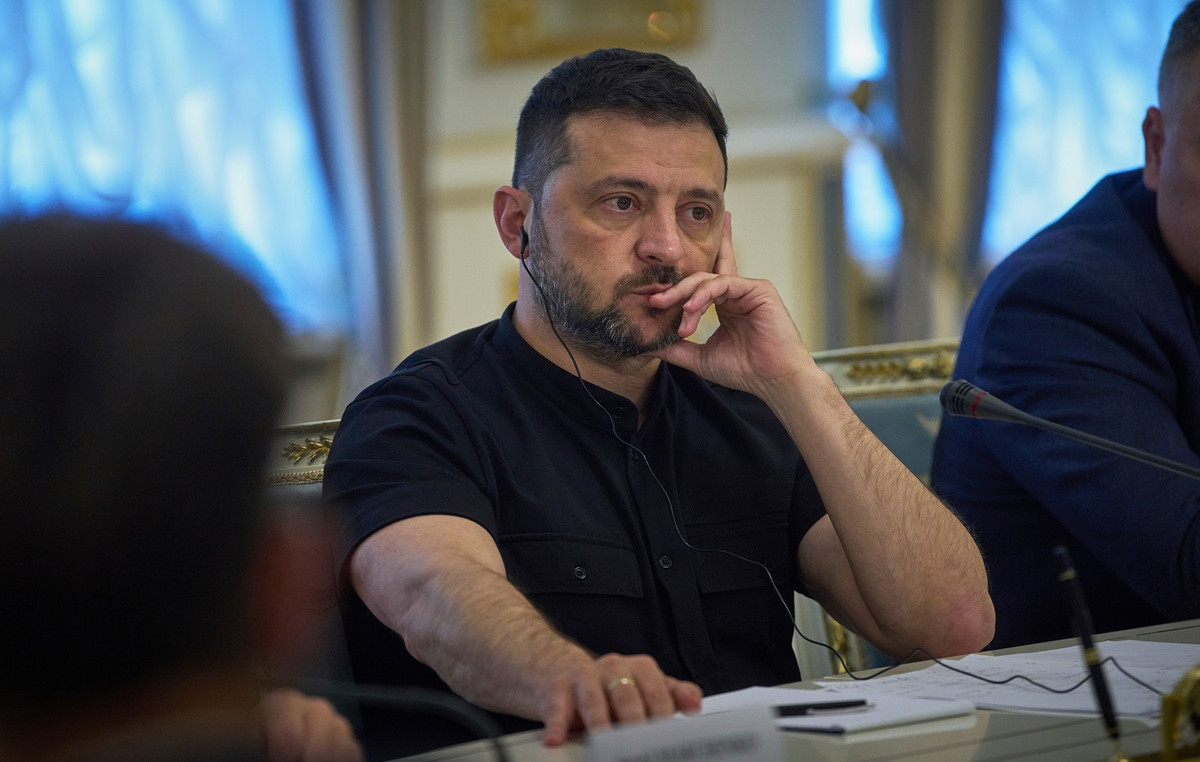LAST UPDATE 11:25
Energy prices are fluctuating slightly, as oil has now erased its morning gains and gas is recording a small increase for the data of the last week.
In particular, in the morning oil prices rose again as fears of Western sanctions that have cut off Russian oil exports, offsetting the possibility of more oil supplies from Iran, added the news of a fire at a nuclear power plant in Ukraine, scaring Ukraine.
World stock markets fell and oil prices rose following signs of escalating conflict, with news of Russian troops attacking Ukraine’s nuclear plant, the largest in Europe.
However, in the course of time, assurances were given that there was no risk and it appeared that markets were coming out that restored prices from gains of about 2% in areas around the unchanged.
In particular, brent derivatives are now falling marginally by 0.2% to $ 110.3 a barrel, and WTI is also slightly stronger by 0.3% to $ 108.04 a barrel, having reached 112.84 earlier. dollars.
However, prices are expected to record the largest weekly increase since mid-2020, with the WTI having gained 18% and Brent up 14%.
Oil is mounting amid fears that Western sanctions on Russia over uranium would cut off supplies from Russia, the world’s largest exporter of crude and petroleum products.
Trade in Russian crude has slowed as buyers are reluctant to buy because of sanctions, and there is growing pressure on US President Biden to ban US imports of Russian oil.
The escalation of the Russian war in Ukraine has not only caused geopolitical risks, but is adding to the already growing inflation concerns as well as leading to higher risk premiums, RBC Capital reports.
More oil reserves could be added than a coordinated release of 60 million barrels of oil reserves from developed countries.
Japan said today it plans to release 7.5 million barrels of oil, although only a small part of demand.
“Rising prices associated with real and estimated disruptions to Russian oil exports should offset any fall in prices from a potentially larger supply of Iranian oil,” the Commonwealth Bank of Australia said.
Stabilization trends in natural gas
After a week of impressive volatility, with jumps that exceeded 50% and led to a historic record price of European gas reaching 200 euros per megawatt hour, contracts today show for the time being stabilization trends to a degree.
In particular, the pan-European benchmark index, the April contract in Amsterdam (TTF) moves with a small – for the data of the time – increase of 4.15% and its price is set at 167.5 euros per megawatt hour.
On a weekly basis, however, the contract price is moving for a brutal jump of 60% with the war in Ukraine and the relevant sanctions imposed on Moscow severely squeezing the supply, as Russia is Europe’s largest supplier with arriving flows to about 40% of its total needs.
Source: Capital
I am Sophia william, author of World Stock Market. I have a degree in journalism from the University of Missouri and I have worked as a reporter for several news websites. I have a passion for writing and informing people about the latest news and events happening in the world. I strive to be accurate and unbiased in my reporting, and I hope to provide readers with valuable information that they can use to make informed decisions.







